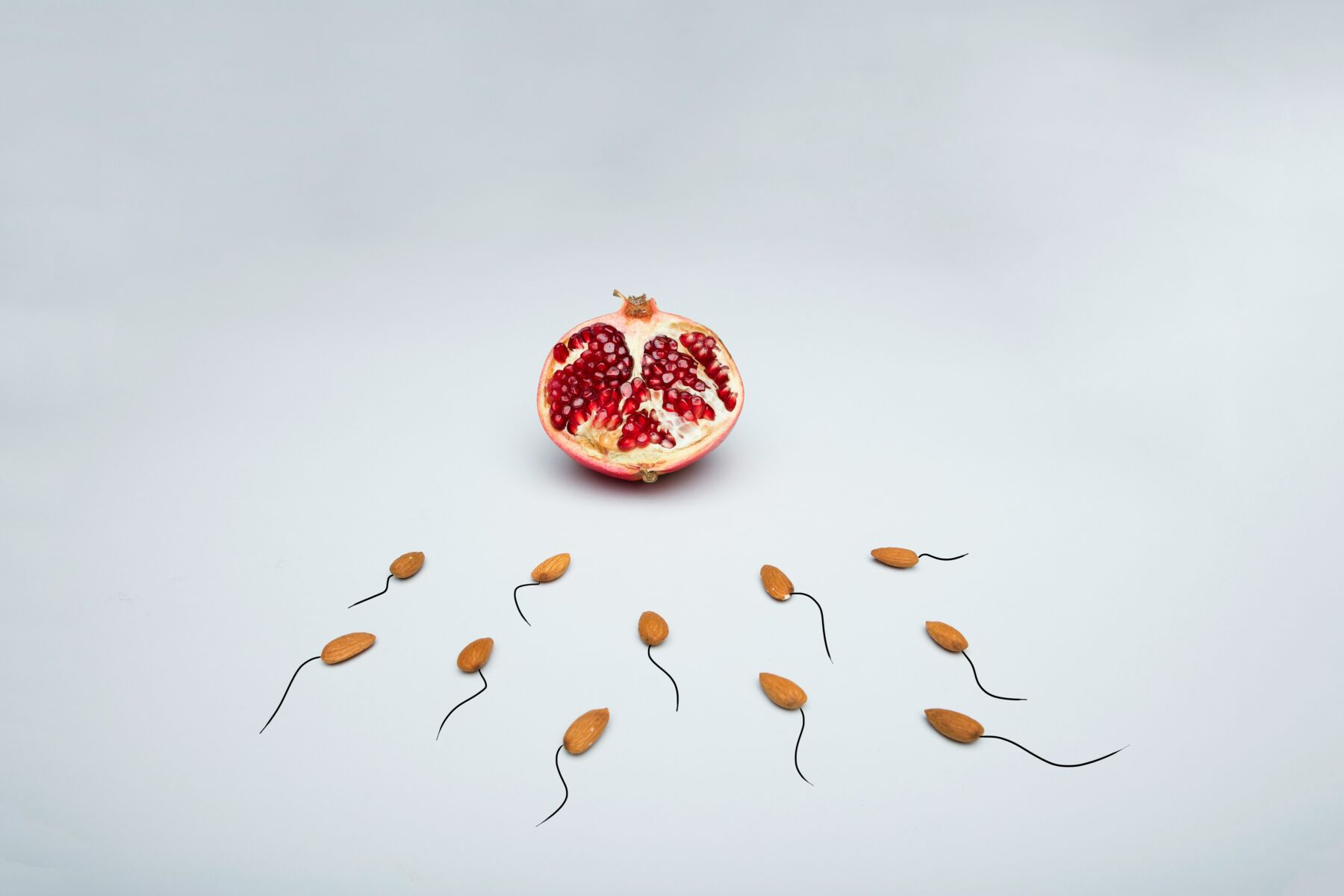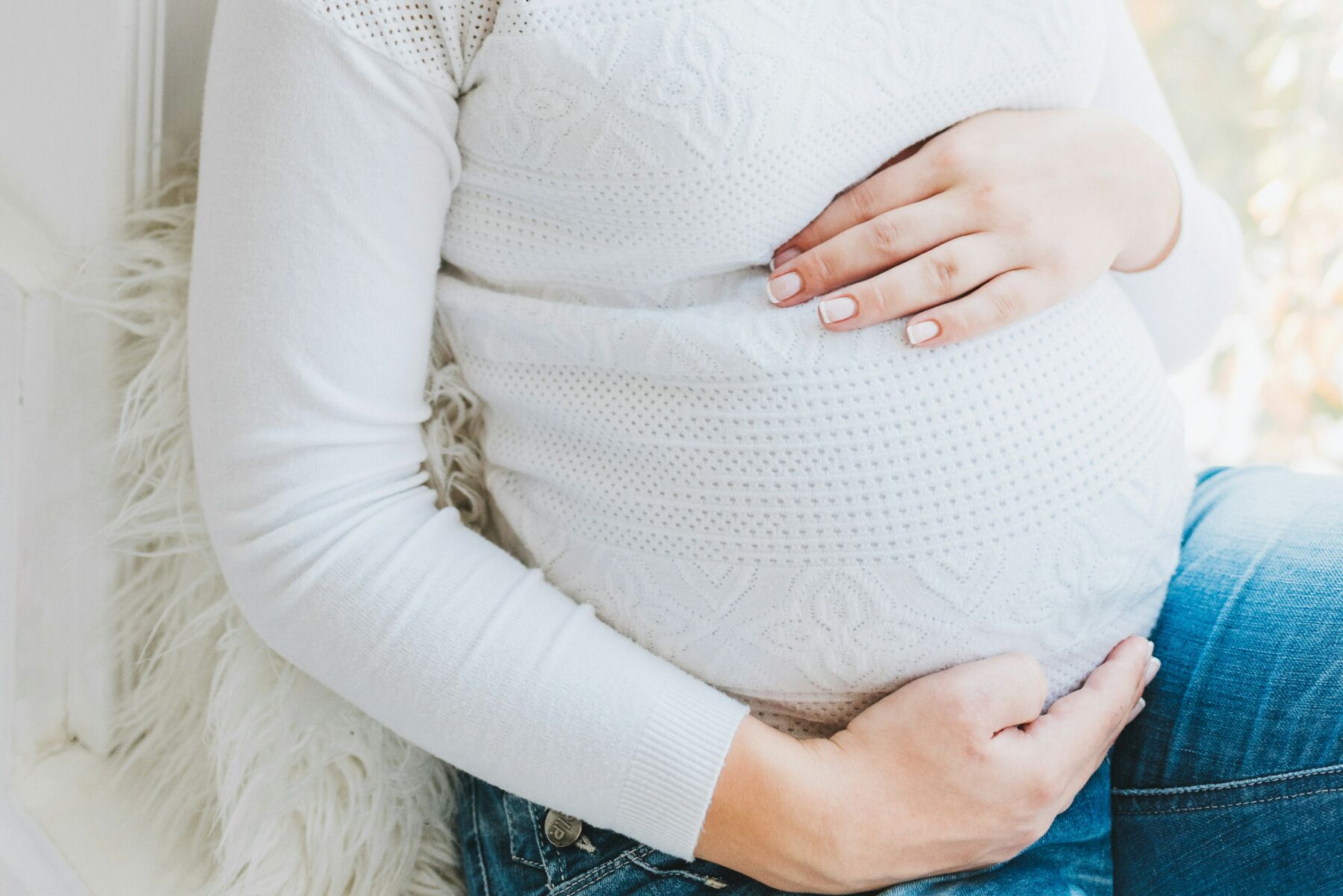SARS-CoV-2 can linger in sperm for months even after recovery

A groundbreaking study from the University of São Paulo (USP) in Brazil has revealed that SARS-CoV-2, the virus responsible for Covid-19, can persist in the sperm of infected men for up to 90 days after hospital discharge and up to 110 days post-infection. This discovery, published in the journal Andrology, highlights a potential risk for those planning to start families soon after recovering from the virus.
The study findings also indicate a need for many to have protective sex and not to indulge in practices that can be risky to one’s health.
The study’s scope and methods
Researchers conducted their study with the support of FAPESP, employing real-time PCR and transmission electron microscopy (TEM) to analyse semen and sperm samples from 13 men aged 21 to 50 who had experienced mild to severe Covid. These samples were taken up to 90 days after the patients were discharged and 110 days after their initial diagnosis. Although traditional PCR tests did not detect the virus in semen, viral RNA was found in the sperm of nine out of 13 participants, with 72.7% of moderate to severe cases showing positive results.
How SARS-CoV-2 affects sperm
The virus’s presence in sperm led to the production of ‘extracellular traps’ made of nuclear DNA, a defence mechanism previously observed in the body’s inflammatory response to Covid. These traps, which are part of a suicidal response known as ETosis, indicate that sperm might play a previously unknown role in the immune system.

Implications for reproduction
Professor Jorge Hallak, a leading author of the study, emphasises the significance of this discovery, suggesting that spermatozoa’s newfound role in immune defence represents a paradigm shift in reproductive science. This finding could have critical implications for assisted reproduction techniques like intracytoplasmic sperm injection (ICSI), commonly used in over 90% of infertility treatments in Brazil and the rest of the world.
Recommendations for prospective parents
Hallak advises that natural conception and assisted reproductive procedures should be postponed for at least six months after recovering from Covid. This precaution is recommended to avoid potential complications associated with the virus’s lingering presence in sperm.
Need for safer sex practices
Experts also warn that for those not wanting to be parents, the study findings warrant that safe sex practices are clearly to be adhered to as there is no data yet as to whether the SARS-CoV-2 virus found in sperm are infectious or not and also whether any residual viral peptides found in sperm can be pathogenic. Practices like oral sex, ‘swallowing’, and ‘coming on the face’ (especially eyes getting exposed) should be avoided till more data is available. Usage of condoms is strongly recommended during any sexual encounters.

Ongoing research and previous discoveries
Hallak and his team have been at the forefront of research on Covid’s impact on reproductive health since the pandemic began. Their previous studies have highlighted that men are at higher risk of severe Covid outcomes, partly due to the abundance of ACE2 receptors and TMPRSS2 proteins in testes, which the virus uses to enter cells.
The team has also documented the adverse effects of the pandemic on sexual health, noting a decline in libido and sexual satisfaction among healthcare workers, along with increased consumption of pornography and masturbation. Additionally, they discovered that Covid could cause subclinical epididymitis and severe testicular lesions.
Long-term studies
Currently, the researchers, led by Professor Carlos Carvalho, are examining the long-term effects of SARS-CoV-2 on over 700 patients. This extensive study aims to understand better the prolonged impacts of Covid on the body, including the reproductive system.
The persistence of SARS-CoV-2 in sperm for months after infection introduces new considerations for those planning to conceive after recovering from Covid. The study’s findings suggest the need for a cautious approach, particularly concerning assisted reproductive technologies. As researchers continue to uncover the virus’s long-term effects, these insights will be crucial in guiding medical advice and reproductive health protocols.
References:
- Persistent oligonecrozoospermia after asymptomatic SARS-CoV-2 infection. A case report and literature review.
- Sperm quality and absence of SARS-CoV-2 RNA in semen after COVID-19 infection: a prospective, observational study and validation of the SpermCOVID test
- SARS-CoV-2 RNA Shedding in Semen and Oligozoospermia of Patient with Severe Coronavirus Disease 11 Weeks after Infection
- The impact of acute SARS-CoV-2 on testicular function including insulin-like factor 3 (INSL3) in men with mild COVID-19: A longitudinal study
- SARS-CoV-2 infects, replicates, elevates angiotensin II and activates immune cells in human testes
- BREAKING NEWS! Latest Research Published by Chinese Scientists Say Coronavirus Might Render Certain Male Patients Infertile
- Ultrasound Imaging Findings of Acute Testicular Infection in Patients With Coronavirus Disease 2019
Latest Thailand News
Follow The Thaiger on Google News:


























